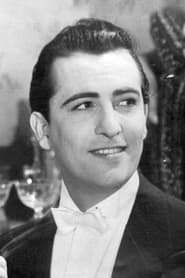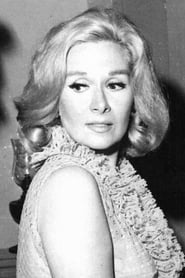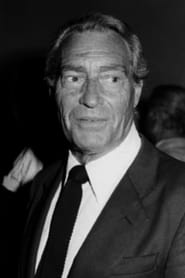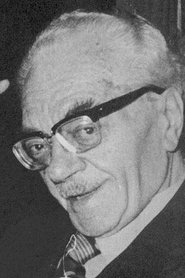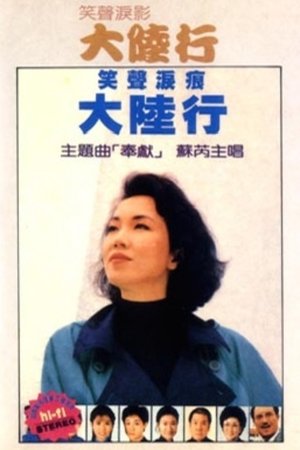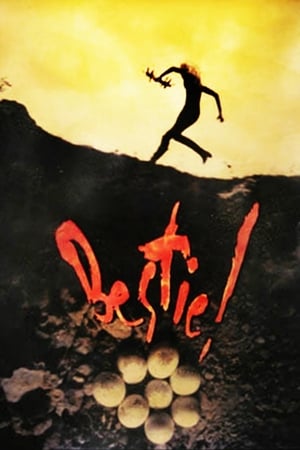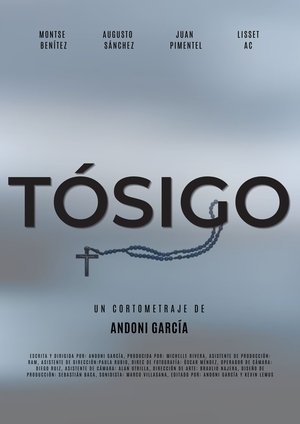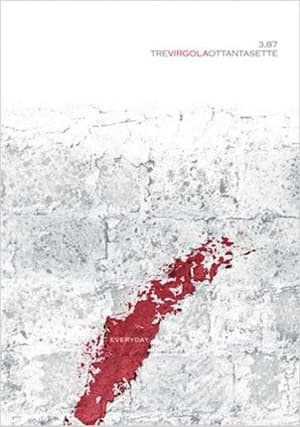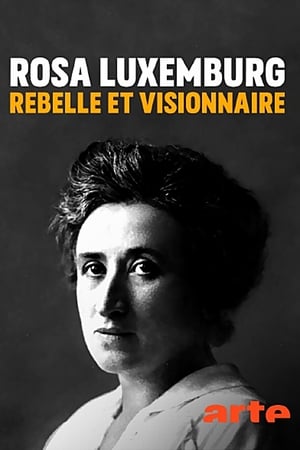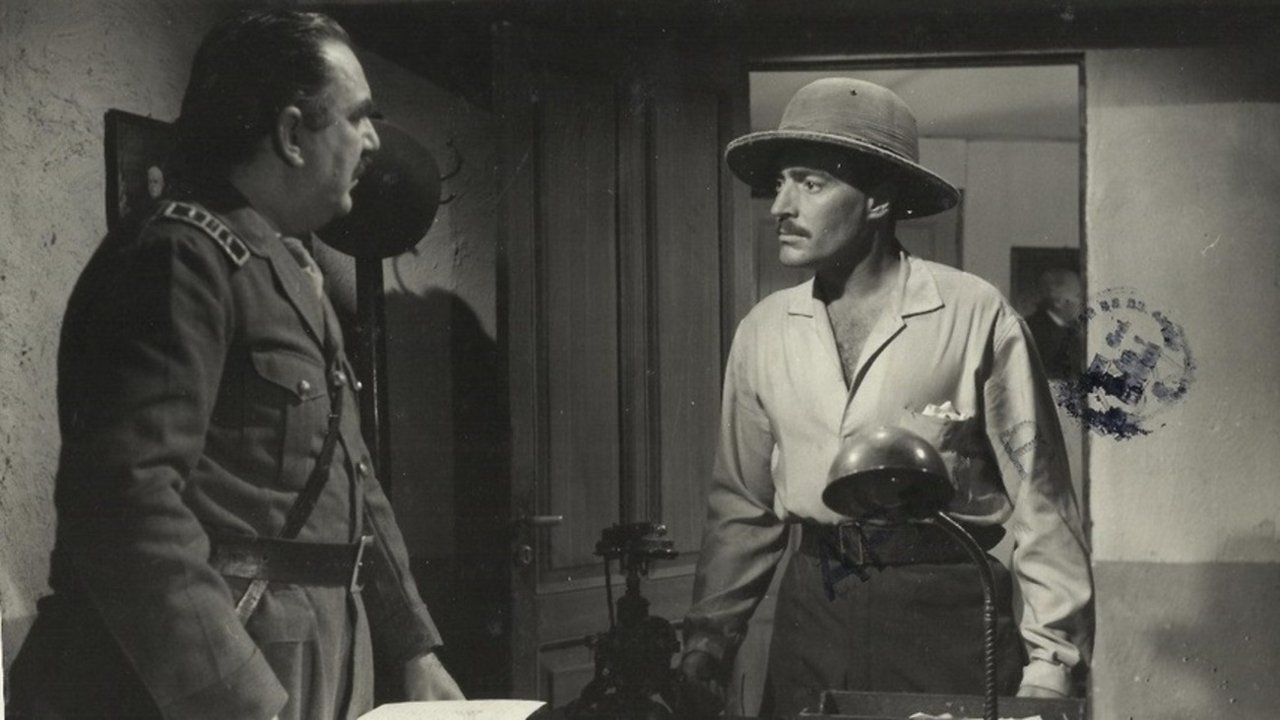
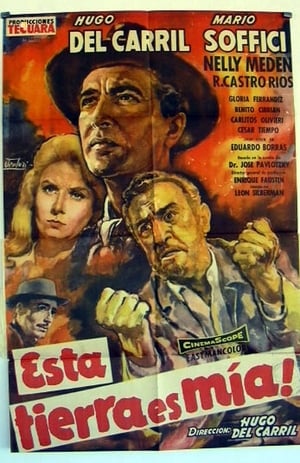
Esta tierra es mía(1961)
The life of the cotton workers in the Chaco and its struggle for wages.
Movie: Esta tierra es mía
Top 10 Billed Cast

Esta tierra es mía
HomePage
Overview
The life of the cotton workers in the Chaco and its struggle for wages.
Release Date
1961-11-06
Average
7
Rating:
3.5 startsTagline
Genres
Languages:
EspañolKeywords
Recommendations Movies
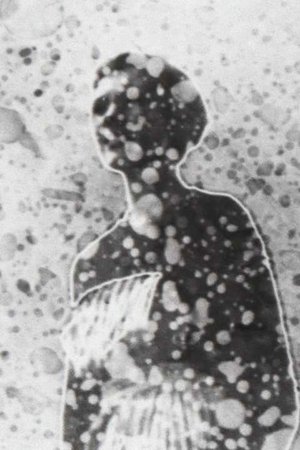 7.1
7.1Lion(en)
A project spanning three years of production and research, Lion is a collection of 7 short films exploring the Chernobyl disaster, the nature of radiation, memory, and personal history. Conceptually arranged in to a film “album”, Lion’s seven works navigate atomic fallout and a girl’s adolescence, a dream before death, radiation as a cause and cure for cancer, masculine bravado, feminine obsession, a trip to Chernobyl amongst the death of a matriarch, and the destruction of memory. Composed of seven works, Lion is a series of films created on 16mm and hand processed with darkroom techniques that mimic the effects of radiation on film. Researched in Chernobyl, the series is a product of memories, history, pop culture and technical experiments to create visual representations of invisible forces.
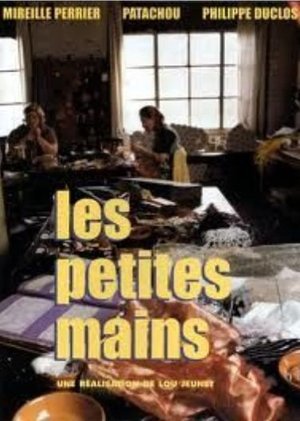 8.0
8.0Les Petites Mains(fr)
After the closure of a lace factory in Calais, Andrée, Lulu and Solange are out on the street.
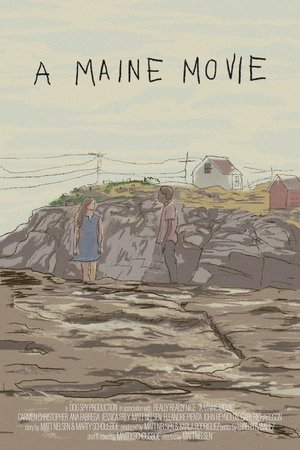 7.0
7.0A Maine Movie(en)
A group of mismatched friends spend a weekend together in Maine.
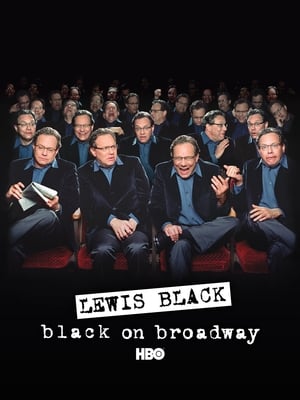 6.8
6.8Lewis Black: Black on Broadway(en)
Lewis Black goes on tirade after tirade about stupidity in America. He covers everything from corporate greed and Martha Stewart to WMDs and homeland security.
 5.3
5.3The Song of the Tree(ky)
Esen, a young man who has been expelled from his village, escapes with the daughter of one of the most powerful men in the village. Whilst being pursued, he is forced to fight for her hand in a battle that results in the destruction of a sacred totem tree. This puts the whole village in jeopardy, and it is up to Esen to redeem himself and save them all.
 7.0
7.0Love? What is Love?(en)
just a girl trying to understand the meaning of love
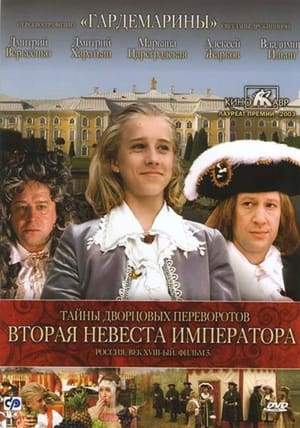 6.1
6.1Secrets of Palace coup d'etat. Russia, 18th century. Film №5. Second Bride Emperor(ru)
As a result of a successful conspiracy against Menshikov, Peter II is prematurely recognized as an adult and is in a hurry to be crowned in Moscow. The Dolgoruky brothers gather for this celebration. There were eight of them - all-powerful and influential representatives of the ancient Rurikovich family - and among them the beautiful Ekaterina, the daughter of the huntsman Alexei.
 6.2
6.2Never Alone(fi)
1942. The State of Finland has formed an alliance with Nazi Germany. An elderly man single-handedly tries to stop a secret attempt by the Finnish State Police to hand over Jewish refugees directly to the Gestapo.
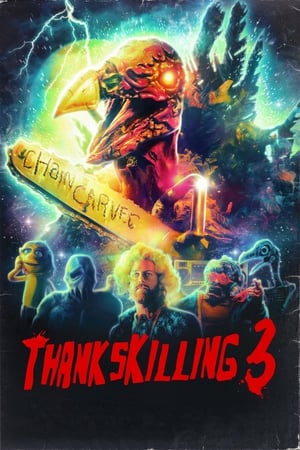 3.4
3.4ThanksKilling 3(en)
Fowl-mouthed villain Turkie carves through the likes of a rapping grandma, a mindless puppet, a wig-wearing inventor, a bisexual space worm, and their equally ridiculous friends on his quest to recover the last copy of "ThanksKilling 2". Also known as "Turkeys, In, Space!".
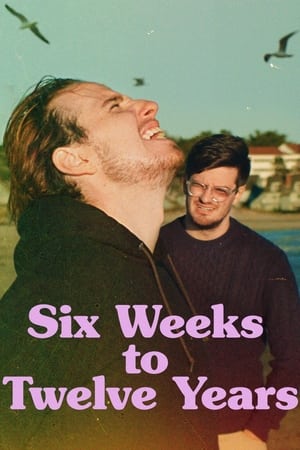 6.1
6.1Six Weeks to Twelve Years(en)
After the death of their abusive father, two estranged twin brothers must reunite and sell off his property.
The 4th Dimension(en)
Jack is a loner confined to a workbench in the back of an antique shop. When a mysterious woman presents him with a broken antique clock that is not to be fixed, unexplainable events begin to occur. After finding Albert Einstein's journal on his still unsolved Unified Field Theory, Jack becomes obsessed with analyzing time and theorizing its connection to his supernatural experiences.
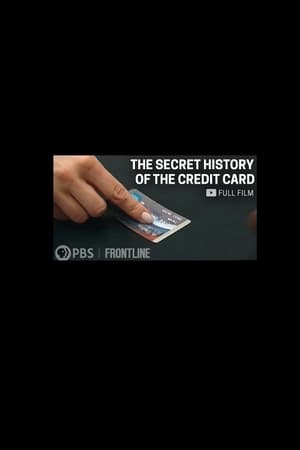 7.0
7.0The Secret History of the Credit Card(en)
FRONTLINE and The New York Times examine how the credit card industry became so pervasive, so lucrative, and so politically powerful.
Jurassic Fight Club(en)
Jurassic Fight Club, a paleontology-based miniseries that ran for 12 episodes, depicts how prehistoric beasts hunted their prey, dissecting these battles and uncovering a predatory world far more calculated and complex than originally thought. It was hosted by George Blasing, a self-taught paleontologist.
 6.1
6.1The Duel(es)
Ernesto lives in depression and decides to hire a hit-man to end his own life. However, his plan takes an unexpected turn when he meets Rita, whose love gives him a new reason to live.
Similar Movies
 6.5
6.5Until Tomorrow, Comrades(pt)
Portugal, 1944. In a country oppressed by a brutal dictatorship, there are those who resist and mobilize the people to fight for bread and freedom, even if it cost them prison, torture or their lives.
Die Mutigen 56 - Deutschlands längster Streik(de)
Emma Freese is desperate when her husband Alfred falls ill at the Howaldtswerke in Kiel. How is the family supposed to get by without their wages? The war has scarred this generation, but now things are supposed to be looking up. The workers want their fair share and are fighting for an income that also gives them room to live. In October 1956, 34,000 metalworkers in the shipyards and factories of Schleswig-Holstein walk off the job to fight for justice and their dignity. This strike is still regarded as the toughest and longest in Germany. Employers and politicians stand in the strikers' way.
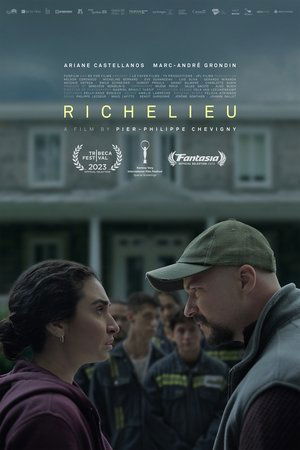 7.5
7.5Richelieu(fr)
A French-to-Spanish interpreter working for a food processing plant that hires seasonal workers from Guatemala is, at first determined to obey the sometimes excessive directives of the young boss, but she befriends the workers and tries to defend them against the exploitation they suffer.
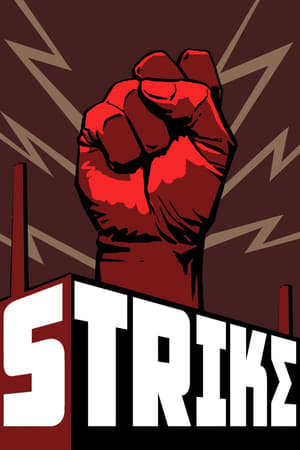 7.4
7.4Strike(ru)
Workers in a factory in pre-revolutionary Russia go on strike and are met by violent suppression.
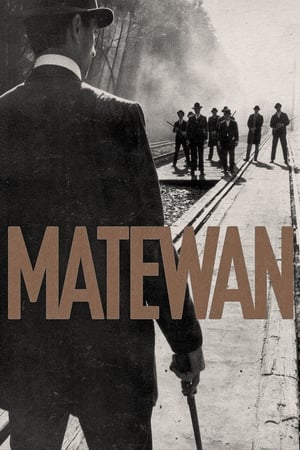 7.4
7.4Matewan(en)
Filmed in the coal country of West Virginia, "Matewan" celebrates labor organizing in the context of a 1920s work stoppage. Union organizer, Joe Kenehan, a scab named "Few Clothes" Johnson and a sympathetic mayor and police chief heroically fight the power represented by a coal company and Matewan's vested interests so that justice and workers' rights need not take a back seat to squalid working conditions, exploitation and the bottom line.
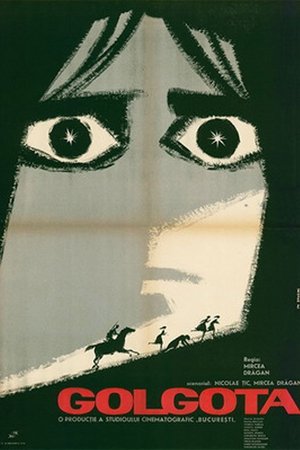 7.7
7.7Golgotha(en)
Six widows demand compensation for the death of their husbands, who were killed during a worker's strike. The women are arrested and taken to the police quarters, where the authorities try to make them retract their statements, but it turns out they're not so easily intimidated.
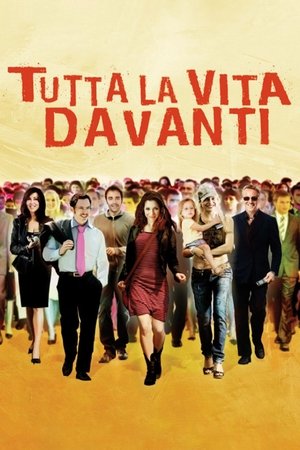 6.6
6.6A Whole Life Ahead(it)
25-year-old philosophy major Marta faces the ugly truth for many young Italians — a complete lack of career opportunities. While babysitting for single mother Sonia, she starts to work as a telemarketer, experiencing first-hand the fanatical and exploitative rat-race culture pushed on employees while quickly rising through the ranks of the company. Around her revolve people like delusional supervisor Daniela, her womanizing boss Claudio, fragile coworker Lucio "2", and well-meaning but inconsistent union rep Giorgio.
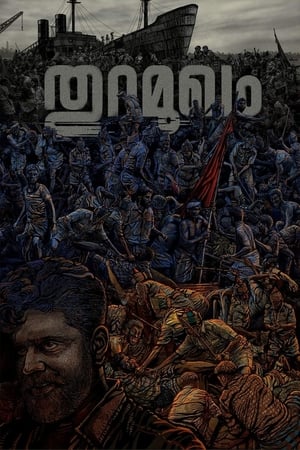 5.7
5.7Thuramukham(ml)
The Harbour shows how two brothers end up on opposing sides of this system. One becomes the leader of an employer’s gang of thugs, while the other becomes an activist. All the while, the women in their family go hungry and the community is ravaged by violence and alcoholism.
 0.0
0.0Uyire (ഉയിരേ)(en)
A complex web of emotions which unfolds the grounding difference between love & predilection. An underlying, but prominent current of class difference between Indrajit & Zoya, brings clarity to the waters that they're in.
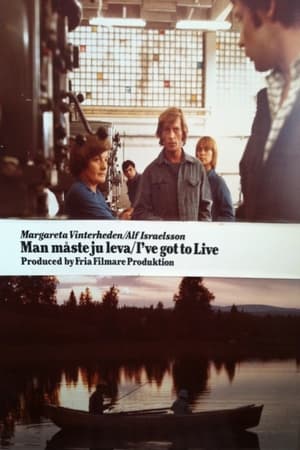 0.0
0.0I've Got to Live...(sv)
The sawmill in a northern Swedish village close down. Nils becomes unemployed. In order to cope with needs of his family, he is forced to travel south. His wife Karin and the children will stay in the village until further notice. Nils starts working at a factory. In addition to the job, he has been promised a good residence so that the family can move to him.
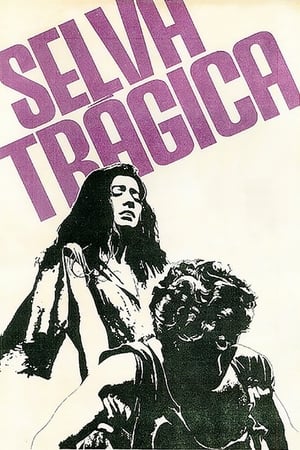 6.5
6.5Tragic Jungle(pt)
In a company trading maté, workers are treated as slaves. Some of them try to escape, but those who are caught suffer severe punishments.
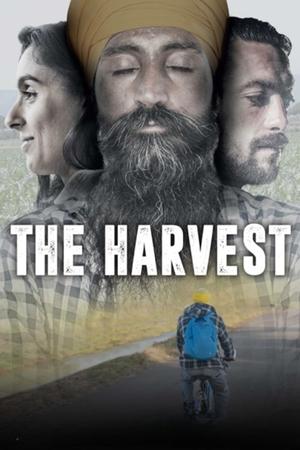 0.0
0.0The Harvest(it)
Gurwinder comes from Punjab, he’s been working for years as a farm hand in Agro Pontino, not far from Rome. Since he first came in Italy, he’s been living with the rest of the Sikh community in Latina province. Hardeep is also Indian, but her stress is Roman, and she works as a cultural mediator. She, born and raised in Italy, is trying to free herself from the memories of a family that emigrated in another age, while he is forced, against his faith, to take methamphetamine and doping to bear the heavy work pace, to be able to send money in India.
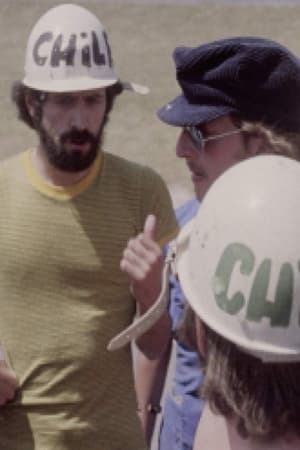 0.0
0.0La Brigada – A Mural for the Unidad Popular in Dresden(de)
During the 16th Workers' Festival in Dresden in 1976, a student group of Chilean emigrants paints a mural symbolically depicting the activity of the Unidad Popular during Salvador Allende's reign. Festival guests comment on this work. Music by Chilean music group Jaspampa, formed in Leipzig in 1972.
 0.0
0.0Becoming Ourselves: How Immigrant Women Transformed Their World(en)
A social justice organization based in Oakland-Asian Immigrant Women Advocates-focused on building the collective leadership of limited-English speaking immigrants, and empowered women and youth to become powerful agents of social change.
Migrant Dreams(en)
When Umi and Dwipa left Indonesia to work in an Ontario greenhouse as part of Canada's Temporary Foreign Worker Program, they hoped the jobs would provide the opportunity and income for a better life. They didn't expect that fixers and false promises would lead to deception and exploitation. Sadly, their story is not uncommon. Min Sook Lee continues to speak truth to power with her commitment to providing a voice to the silenced, fulfilling documentary's capacity as a powerful tool for social change.
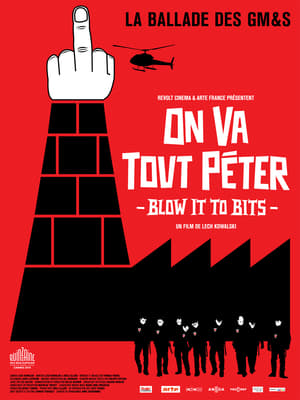 6.9
6.9Blow It to Bits(fr)
A mix of Rock and Roll and Blues are the secret for successful rebellion. When I took my camera to the middle of France where the GM&S factory was threatened by a permanent shut down, I felt like something extraordinary was about to take place. And it did. The lyrics were written by workers who have had enough! The tune was composed by people not afraid to go against even the rules of revolt! The volume was loud enough to attract the media. Their working-class concert spread across France like wild fire. I sat out of sight, camera in hand, filming like catching fish in a barrel.
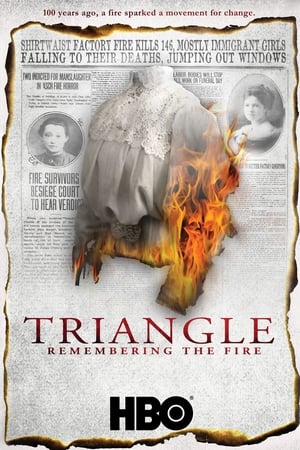 6.0
6.0Triangle: Remembering the Fire(en)
On March 25, 1911, a catastrophic fire broke out at the Triangle Waist Company in New York City. Trapped inside the upper floors of a ten-story building, 146 workers - mostly young immigrant women and teenage girls - were burned alive or forced to jump to their deaths to escape an inferno that consumed the factory in just 18 minutes. It was the worst disaster at a workplace in New York State until 9/11. The tragedy changed the course of history, paving the way for government to represent working people, not just business, for the first time, and helped an emerging American middle class to live the American Dream.
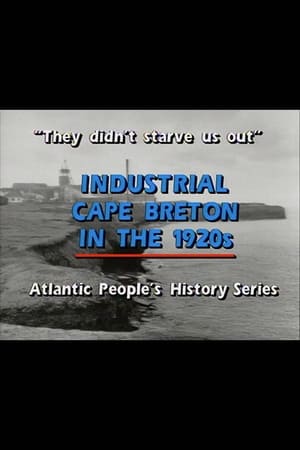 6.0
6.0"They Didn't Starve Us Out": Industrial Cape Breton in the 1920s(en)
For 200 years, coal mining had been a way of life in Cape Breton. By 1920 things were looking up: miners were unionized and paid decent wages. Then the British Empire Steel Corporation arrived and bought every single steel and coal company in Nova Scotia. BESCO cut wages by a third, setting off a bitter labour dispute. The miners settled in for a long strike. Finally, in 1925, the military ended the unrest with brute force. But the miners, in one sense, had won. They broke up the monopoly and provided an example to workers across the country.
